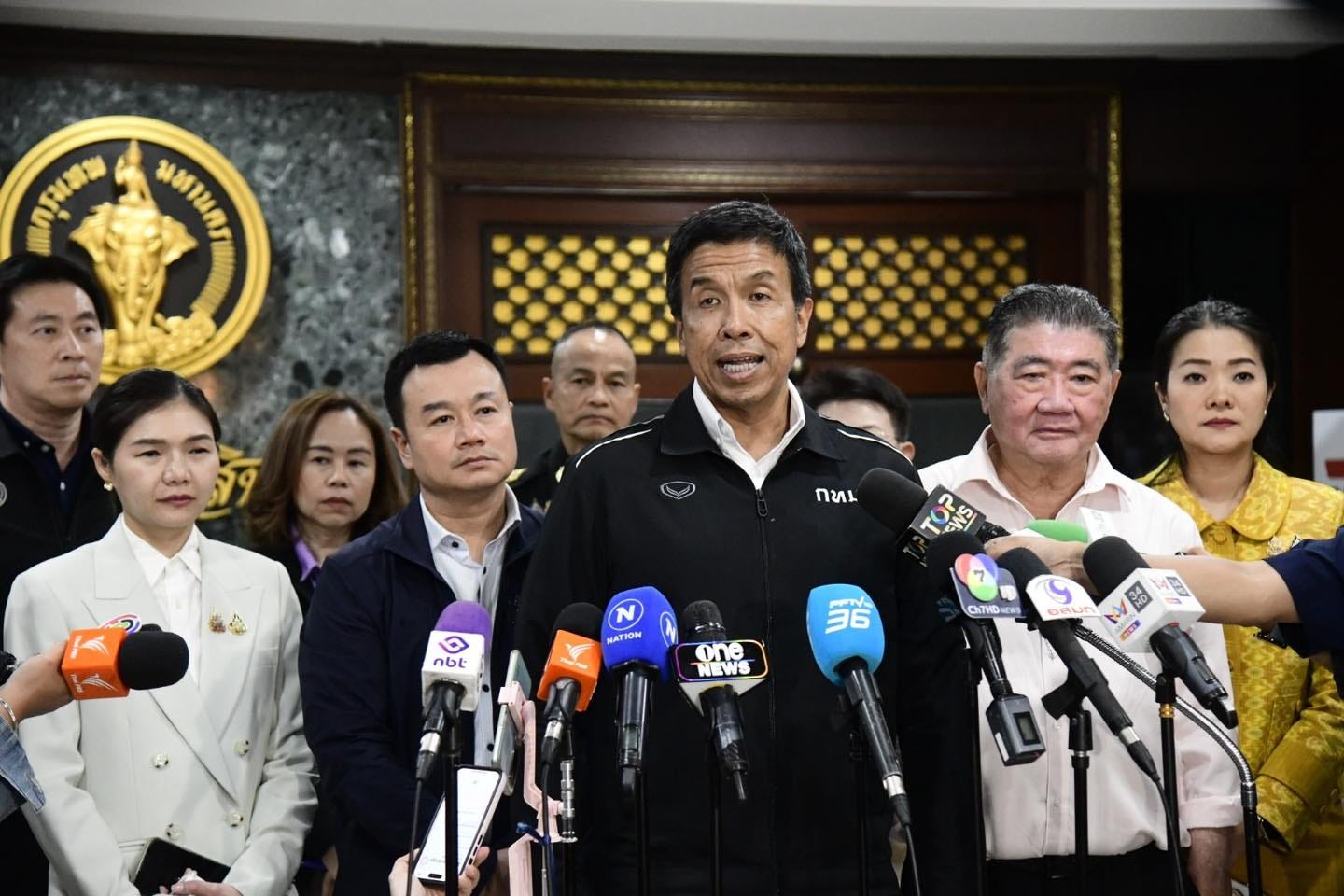It's a Political Earthquake, Too
Implications for the Bangkok governor's race and national politics
As I’m currently in Ann Arbor, I don’t have a personal reaction to the earthquake that happened in Bangkok last week other than to hope that the people who remain trapped in the rubble of the collapsed skyscraper will be rescued safely. What I would like to do today is to instead write up some brief thoughts on some of the political repercussions of the earthquake.
The Bangkok Governor’s race is reshaped
In the week prior to the earthquake, reports had come out that Governor Chadchart Sittipunt and his team and reached a definite decision to run for re-election (the Governor maintains that he has not made a decision on this matter yet). However the re-election campaign would not have necessarily been easy sailing. Chadchart, who won over 50 percent of the vote against a very crowded field in 2022, would have posed a tough challenge for any opponent. But his popularity has certainly dipped from what it once was, with complaints mounting that his focus on “capillaries” (smaller issues that impact ordinary livelihoods) have led to a lack of visible achievements.
In addition, while his previous association with Pheu Thai may have been a plus in the increasingly anti-Prayut summer of 2022, this could turn into a drag given the current unpopularity of the Pheu Thai government. By 2024, 40 percent told a NIDA poll they would definitely vote for him, against 37.5 percent who were unsure and 21.35 percent who were certain they wouldn’t. According to the Bangkok Post, the People’s Party, whose predecessor had overwhelmingly won Bangkok in the 2023 general election, has already been looking at five potential candidates to run against Chadchart.
Yet even the PP’s Wiroj Lakkanadisorn, who ran for governor under the Move Forward banner, had this to say about Chadchart in the aftermath of the earthquake: “In the midst of chaos and various restrictions…[we] have to admit that Prof. Chadchart has managed the situation very well.” Sarawut Hengsawad (in a post with 32,000 likes) said “I have not been satisfied with Chadchart’s performance as governor in all aspects” but praised him for taking prompt action, communicating well, systematic management, and using technology effectively. A conservative commentator, Pongprom Yamarat (in a post with over 8,000 likes), said that “[Chadchart] has done a much better job than the Prime Minister and the Deputy Prime Minister [Anutin Charnvirakul].”
With a little over a year left in his term, there is time for Chadchart’s popularity to dip again. But Chadchart’s return to the national spotlight has provided him a golden opportunity in the midst of crisis to set his re-election campaign, if it happens, on firmer footing. There will be much more to say about the Bangkok gubernatorial campaign in the months ahead, and it is too early to say that Chadchart is on a glide path back to City Hall. Yet it is hard to imagine a more dramatic way for him to reset his governorship and make a new impression in front of an attentive nation.
Other miscellaneous thoughts
The government’s response has not won kudos for its response to the earthquake. In the words of Suthichai Yoon: “Paetongtarn still misunderstands what leadership means…she thinks that just pointing at things and ordering people means she is acting as prime minister…however, if you do not sufficiently understand the situation, then this just a performance.” I cannot verify how widespread this sentiment is, but social media comments on Paetongtarn’s demands to know why the emergency disaster notification system was delayed were largely scathing, with many asking why she did not herself take responsibility.
Regardless, the government response has opened up a new avenue of criticism that its opponents will weaponize. According to the Bangkok Post, Senators are already calling for a debate on this issue. One, Senator Romsit Wiriyasan, declared that “Immediately after Friday’s earthquake, no one saw the government leader step up and take command of crisis management.”
The fact that it was the Audit Office’s new office building that collapsed is not a great look, especially with new revelations that an anti-corruption agency had “flagged irregularities in its construction.” We now know that the construction was managed by Italian-Thai and a subsidiary of China Railway Group. The opposition is now turning their sights on this issue, asking whether this is linked to “grey Chinese capital” that the People’s Party had discussed during the no-confidence debate earlier.
His Majesty the King has accepted those hurt by the earthquake into royal patronage. Other agencies are also helping: the Thai Red Cross is accepting donations to assist victims of the earthquake.




Your perspective on Chadchart's re-election potential is illuminating. Also, your brief discussion of what leadership means at the top levels of government is spot on. "Instructing", "encouraging", "urging" etc. is indeed not leadership. Ownership and regular follow-up on problem resolution is needed, and I've rarely seen that in 14 years of loosely following Thai politics